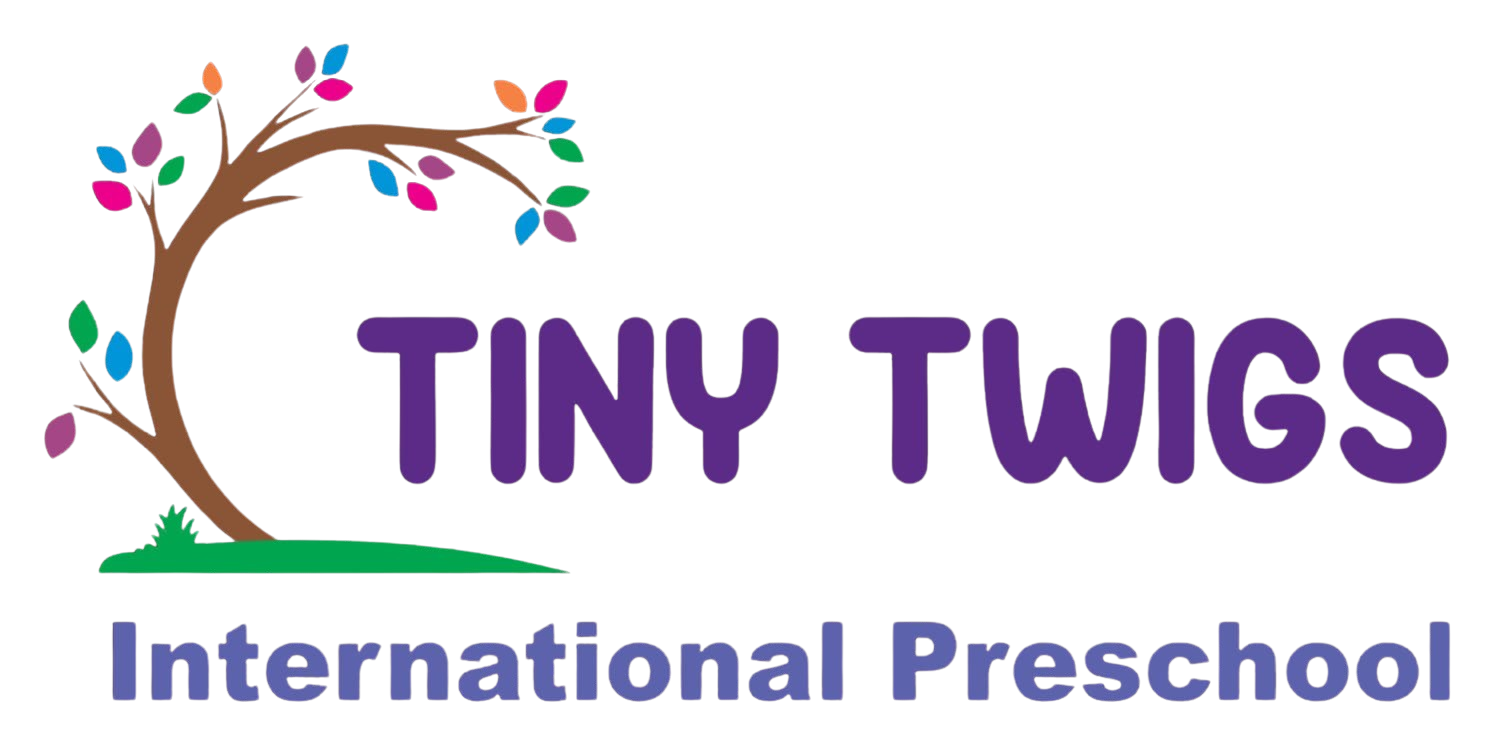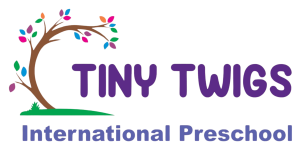Blog 2
What Are the Long-Term Benefits of Early Social Interaction?
Childhood friendships are the training ground for future relationships.” – Dr. Laura Markham
When children step into a preschool environment, they are not just learning their ABCs and 123s—they are also learning how to interact, communicate, and form relationships. The friendships they build, the teamwork they experience, and the conflicts they resolve all shape their social and emotional development in ways that last a lifetime.
At Tiny Twigs International Preschool, we believe that strong social foundations are just as important as academic learning. Through carefully designed group activities, interactive play, and guided social experiences, we ensure that children develop the skills they need to build meaningful connections, both now and in the future.
Why Early Social Interaction Matters
Social skills are not just about being friendly—they influence how children navigate the world, from forming friendships to working collaboratively in school and later in life. Early social interactions lay the groundwork for:
1. Building Empathy and Emotional Intelligence
When children interact with peers, they begin to understand different emotions, perspectives, and reactions. Simple moments—like comforting a friend who is upset or celebrating a classmate’s success—help develop empathy. These experiences teach children to recognize and respond to feelings, a crucial skill for personal and professional relationships in adulthood.
2. Learning Cooperation and Teamwork
Preschool provides countless opportunities for teamwork, whether it’s working together to build a block tower, taking turns during a game, or completing a classroom task. These experiences teach children how to collaborate, listen to others, and contribute to a shared goal—essential skills for future group settings, from classrooms to workplaces.
3. Strengthening Communication Skills
From expressing needs and ideas to resolving disagreements, preschoolers learn the art of communication through daily interactions. They develop the confidence to speak up, listen attentively, and understand non-verbal cues. These early skills play a role in developing strong interpersonal relationships throughout their lives.
4. Encouraging Conflict Resolution and Problem-Solving
Disagreements are a natural part of any social setting, and preschool is where children learn to navigate them in a healthy way. Whether it’s sharing a toy, taking turns, or solving a disagreement, these moments help children understand compromise, patience, and fair problem-solving—skills that will serve them well in future relationships.
How Tiny Twigs Helps Children Thrive Socially
At Tiny Twigs, social interaction is woven into our daily routine, ensuring that children feel supported while developing essential social skills.
1. Interactive Circle Time to Strengthen Bonds
Every day at Tiny Twigs begins with Circle Time, where children gather to sing songs, share their thoughts, and engage in group discussions. This simple ritual not only builds confidence but also strengthens their sense of belonging within the group.
2. Play-Based Learning for Natural Social Growth
Play is at the heart of our curriculum, and through play, children naturally develop social skills. Whether they are engaging in imaginative role-play, working on collaborative art projects, or building together in the block corner, they learn to communicate, negotiate, and work as a team.
3. Structured Group Activities That Foster Cooperation
From science experiments to gardening projects, our group-based activities encourage teamwork and shared problem-solving. Children learn to listen to others’ ideas, contribute their own, and celebrate collective achievements—building both confidence and camaraderie.
4. Guided Social Experiences for Emotional Growth
We believe that social development is just as important as academic learning. Our teachers gently guide children through real-life social situations, helping them express their emotions, navigate friendships, and resolve conflicts in a positive way. Through storytelling and role-playing, we introduce themes of kindness, empathy, and inclusion.
5. A Supportive Environment That Nurtures Friendships
At Tiny Twigs, we cultivate a warm and inclusive atmosphere where every child feels valued. By creating opportunities for shared experiences—like group snack times, storytelling sessions, and outdoor exploration—we encourage friendships to blossom naturally, giving children the confidence to build meaningful relationships.
Conclusion
The friendships and social skills children develop in preschool lay the foundation for a lifetime of strong relationships, effective communication, and emotional intelligence. Early social interaction helps children grow into empathetic, confident individuals who can collaborate, connect, and thrive in any setting.
At Tiny Twigs International Preschool, we create an environment where children feel safe to explore, interact, and form bonds that enrich their learning experience and beyond.
And enjoy this beautiful things beneath the ocean
+91 89048 41158
tinytwigspreschool@gmail.com

